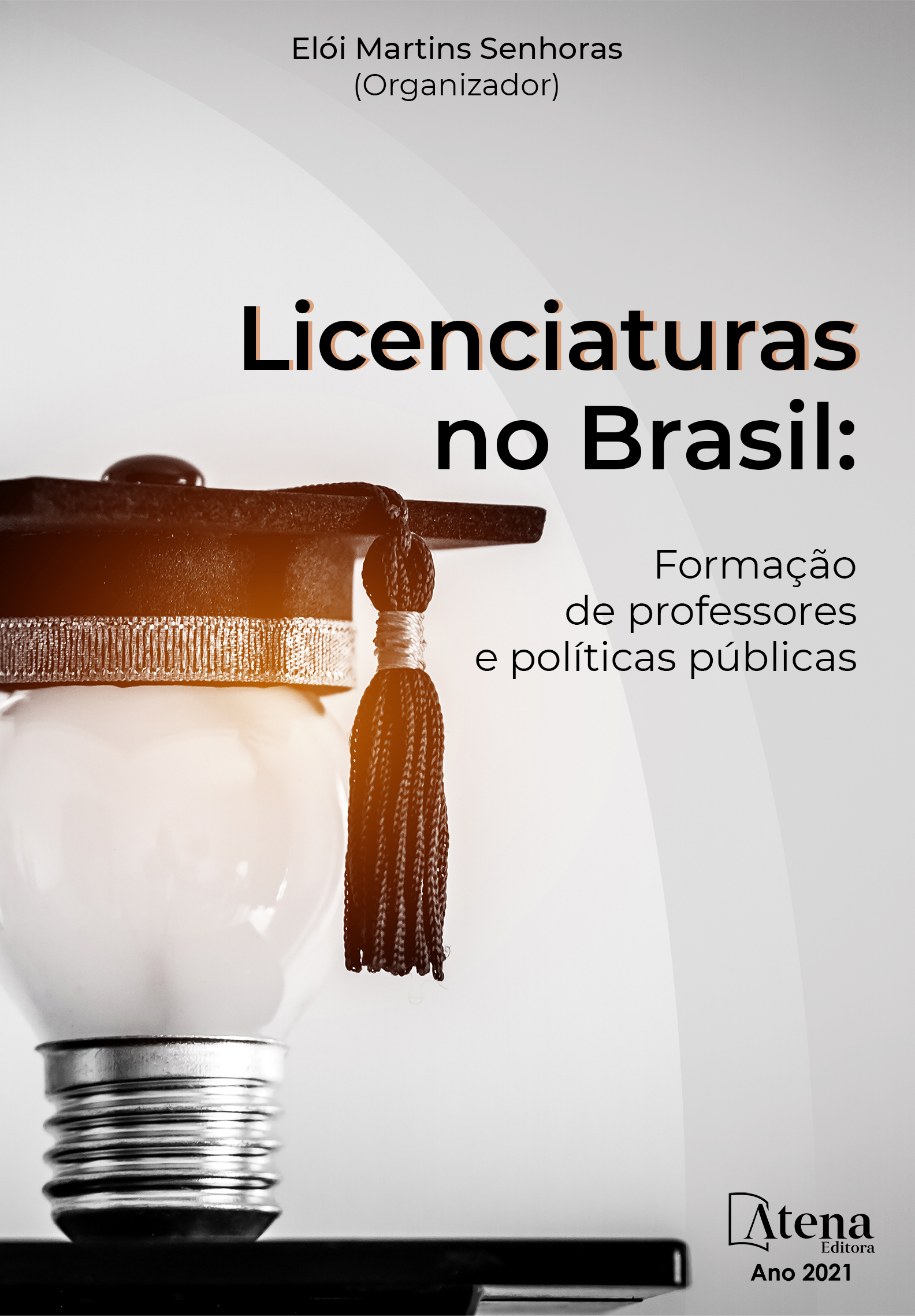
ABORDAGENS PEDAGÓGICAS COM O GÊNERO TEXTO TEATRAL EM LIVRO DIDÁTICO: ANÁLISE DE UM PROCEDIMENTO
Pesquisas recentes, tais como as da historiadora Bitttencourt (2004), mostram que o livro didático (LD) tem se tornado objeto de investigação sob diversas concepções, principalmente no que se refere à sua atuação na escola atual, já que o material é considerado a ferramenta mais empregada por professores e alunos na sala de aula. Diante desse panorama, busco apresentar nesta pesquisa as diferentes possibilidades que uma atividade didática com o gênero “texto teatral” oferece aos docentes e discentes no espaço escolar. Para a realização do objetivo descrito, realizei uma investigação, por meio da metodologia de caráter qualitativo-interpretativista, estabelecendo seu foco no processo de uso da linguagem, conforme descreve Moita Lopes (1996). Além da abordagem de base interpretativista, recorri ainda ao método da análise de conteúdo, de Bardin (2011), e utilizei, como aprofundamento teórico, contribuições de Bakhtin (2011), Jurado e Rojo (2006), Marcuschi e Cavalcante (2005), Schneuwly & Dolz (2004), Felício (2009), dentre outros. Com base em tais autores, analisei uma atividade didática sobre o gênero secundário “texto teatral”, apresentada pelo livro didático de Língua Portuguesa “Texto e Interação: uma proposta de produção textual a partir de gêneros e projetos”, dos autores Cereja & Magalhães (2013). No que tange aos resultados, considero que as atividades com o gênero “texto teatral” são significativas para o trabalho do professor e para a aprendizagem do aluno pelo fato de auxiliarem e corroborarem com a ampliação das habilidades e competências linguísticas relativas à leitura, compreensão, escrita, oralidade, além de favorecerem a dramatização e a encenação. Também foi possível mostrar que tais atividades incentivam o desenvolvimento da criatividade, despertam a curiosidade pelo teatro e favorecem o trabalho em coletividade. Assim, os alunos têm a oportunidade de conhecer e aplicar seus conhecimentos sobre o gênero “texto teatral” e de produzi-lo melhor na escola ou em outra esfera social.
ABORDAGENS PEDAGÓGICAS COM O GÊNERO TEXTO TEATRAL EM LIVRO DIDÁTICO: ANÁLISE DE UM PROCEDIMENTO
-
DOI: 10.22533/at.ed.58821201211
-
Palavras-chave: Livro Didático. Gênero. Texto Teatral. Escola.
-
Keywords: Textbook. Genres. Theatrical Text. School.
-
Abstract:
Recent researches, such as those of the Bitttencourt (2004), show that the textbook has become an object of investigation according different conceptions, especially with regard to its acting in the current school, since the material is considered to be the tool most used by teachers and students in the classroom. In this context, I seek to present in this research the different possibilities that a didactic activity with the “theatrical text” genre offers teachers and students in the school space. To reach the proposed goal, I carried out an investigation, using a qualitative-interpretative methodology, establishing its focus on the process of using language, as described by Moita Lopes (1996). In addition to this approach, I also used the method of content analysis, by Bardin (2011), and as a theoretical base, I used contributions from Bakhtin (2011), Jurado and Rojo (2006), Marcuschi and Cavalcante (2005), Schneuwly & Dolz (2004), Felicio (2009), among others. Through such theorists, I analyzed a didactic activity about secondary genre "theatrical text", presented in the Portuguese Language Textbook “Texto e Interação: uma proposta de produção textual a partir de gêneros e projetos”, of the authors Cereja & Magalhães (2013, single volume). Regarding the results, I consider that activities with “theatrical text” genre are significant for the teacher's work and for the student's learning because they help and corroborate with the expansion of linguistic skills and competences related to reading, comprehension, writing, orality, in addition to favoring drama and staging. It was also possible to show that such activities encourage the development of creativity, arouse curiosity for the theater and favor collective work. In this way, students have the opportunity to get to know and apply their knowledge about the “theatrical text” genre, but mainly to better produce this secondary genre in school or in another social sphere.
-
Número de páginas: 15
- Maiele Sousa Silva Lima


